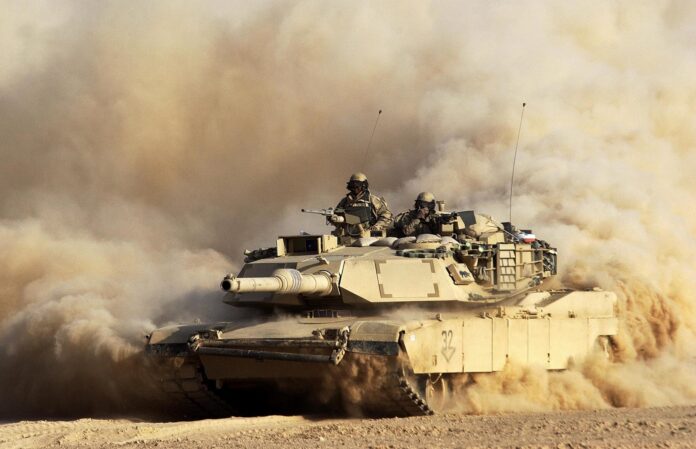No matter the justification, war brings annihilation, and the recent India-Pakistan conflict is no exception.
This piece speaks of sincere sentiments of an Afghan writer who has never advocated for war and never will. It comes from a heart that deeply feels the pain of conflict and yearns for peace and peaceful coexistence, not only for Afghanistan, but the entire region.
In the wake of the May 2025 India-Pakistan escalation, it’s clear that war is no longer waged with boots and bullets alone. It now unfolds through propaganda, digital manipulation, and the quiet erasure of empathy. Yet its cost remains tragically the same as usual, paid by innocent lives, shattered futures, and nations led astray by illusions of victory.
War is, at its core, the spilling of human blood and the annihilation of hope. Even when framed as a necessity or self-defence, it can never, under any circumstances, be deemed an honour.
Modern warfare is no longer fought from muddy trenches but through screens, false narratives, and the emotionless accounts of social media. War today has become a political enterprise that stands against human dignity and conscience. It is a business in which powerbrokers and warmongers enjoy the privileges of conflict but never pay its price. It is always the ordinary people who suffer, who never choose war, yet always bear its cost.
In the recent conflict, both India and Pakistan deployed more than just missiles and soldiers. They weaponised media, flooded social platforms with triumphalist claims, and silenced critical voices that questioned the rationale behind the escalation. The conflict may be over for now, but its psychological toll, the displacement of civilians, and the simmering resentment in border communities are all reminders that war never truly ends when the bombs stop falling.
If the leadership of both nations continues to turn a deaf ear to the calls of empathy, reason, and truth, South Asia will remain perpetually on the brink, trapped in a cycle of hostility and retaliation. They must reflect on what war has done to other nations, especially Afghanistan, which is still reeling from the regression, debris, and destitution that conflict leaves behind. The answer lies there.
The opportunities for peaceful coexistence must not be sacrificed at the altar of false pride and hollow propaganda victories. True leadership lies in the courage to choose dialogue over destruction, in protecting lives rather than sacrificing them for the sake of national egos.
The subcontinent cannot afford to raise yet another generation on hatred. Now is the time to abandon war rhetoric in favour of dialogue. Societies must recognise that real strength lies not in the capacity to destroy, but in the ability to sustain peace.
The history speaks for itself. The human toll of the post-9/11 wars was staggering, with an estimated 905,000 to 940,000 direct deaths and 3.6 to 3.8 million indirect deaths in countries like Afghanistan, Pakistan, Iraq, Syria, and Yemen. These figures very cogently define the enduring and devastating impact of conflict, with civilians suffering not only from the violence itself but also from the far-reaching effects of war, including economic collapse, displacement, and the breakdown of public services. Wars have never been confined to the battlefield.




